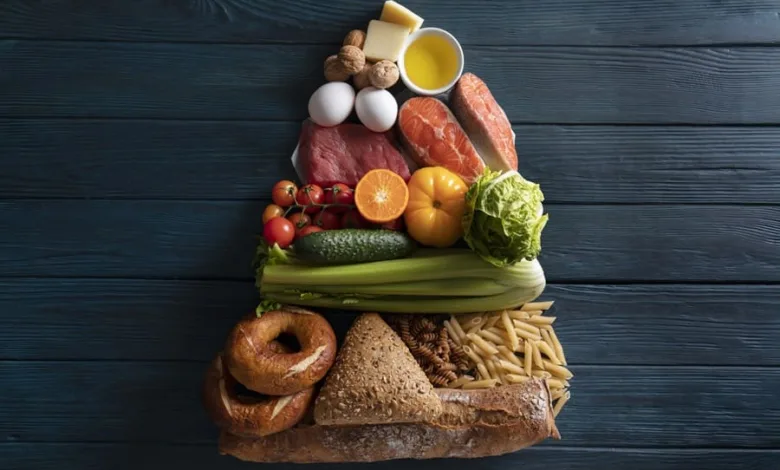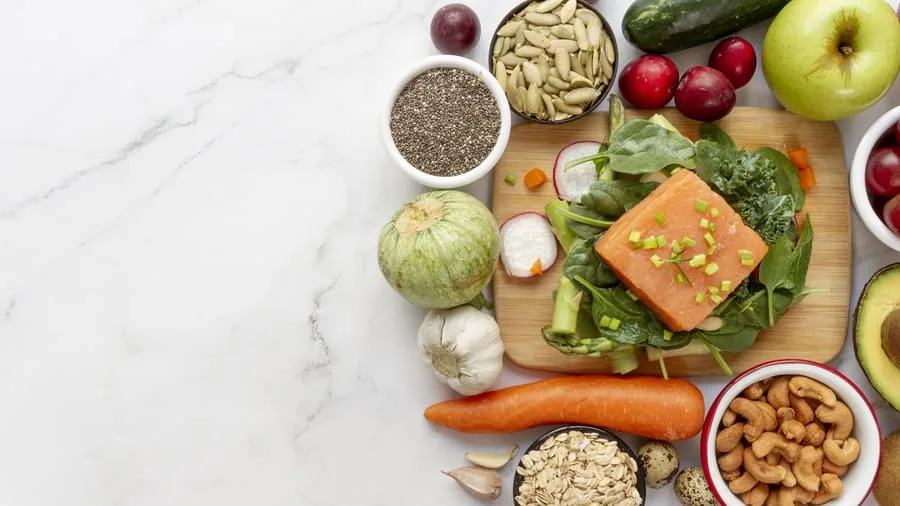
Proper nutrition is not just about giving up sweets and flour. To really control your body – to lose weight, gain weight or just feel good – you need to understand what proteins, fats and carbohydrates are and why you need to monitor their quantities. This is the key to results and good health.
What is BJU?
Proteins, fats and carbohydrates are macronutrients that form the basis of our diet. They perform different functions:
- Proteins are the building blocks of muscles, skin, enzymes and hormones.
- Fats are a source of energy, important for the nervous system, hormonal balance and the absorption of vitamins.
- Carbohydrates are the main “fuel” resource for the brain and muscles.
The body cannot function properly if one of the elements is in deficiency or excess.
Why count proteins, fats and carbohydrates?
1. To Reach Your Goal
If you want to lose weight, it’s not enough to just cut calories — it’s important to maintain enough protein to avoid losing muscle. If your goal is to gain mass, you need a calorie surplus, but not just from carbohydrates.
2. To be energetic
Too much fat can make you feel sluggish, and too little carbohydrates can make you feel weak. A balanced diet keeps your energy and mood stable throughout the day.
3. To train effectively
Without carbohydrates there will be no endurance, without protein there will be no recovery, without fats there will be no normal functioning of hormones. BJU is the basis of any training.
How to calculate the norm?
Start with an approximate calorie norm (for example, 1800-2500 kcal per day, depending on gender, weight, activity), and then distribute them by BJU:
-
Proteins: 1.5–2 g per 1 kg of body weight
-
Fats: 0.8–1 g per 1 kg of weight
- Carbohydrates: the remainder of calories (usually 40–50%)
Example: person weighing 70 kg
→ protein: 105-140 g
→ fat: 56-70 g
→ carbohydrates: rest
Please note:
- 1 g protein = 4 kcal
- 1 g carbohydrates = 4 kcal
- 1 g fat = 9 kcal
How to track?
The easiest way is to use applications: FatSecret, MyFitnessPal, Yazio. They allow you to enter products, scan packages and automatically calculate calories and BJU.
Should we always count?
No, it shouldn’t become an obsessive habit. Counting is a tool for awareness, especially at first. After a couple of weeks, you’ll start to understand the composition of products by eye and learn to feel the body’s needs.
Conclusion
Proteins, fats and carbohydrates are the basis of nutrition. It is worth counting them not for the sake of strictness, but for the sake of understanding: what you eat and how it affects your body. This approach helps to achieve goals faster and without harm to health. The main thing is not to be a fan, but to take care of yourself sensibly.








